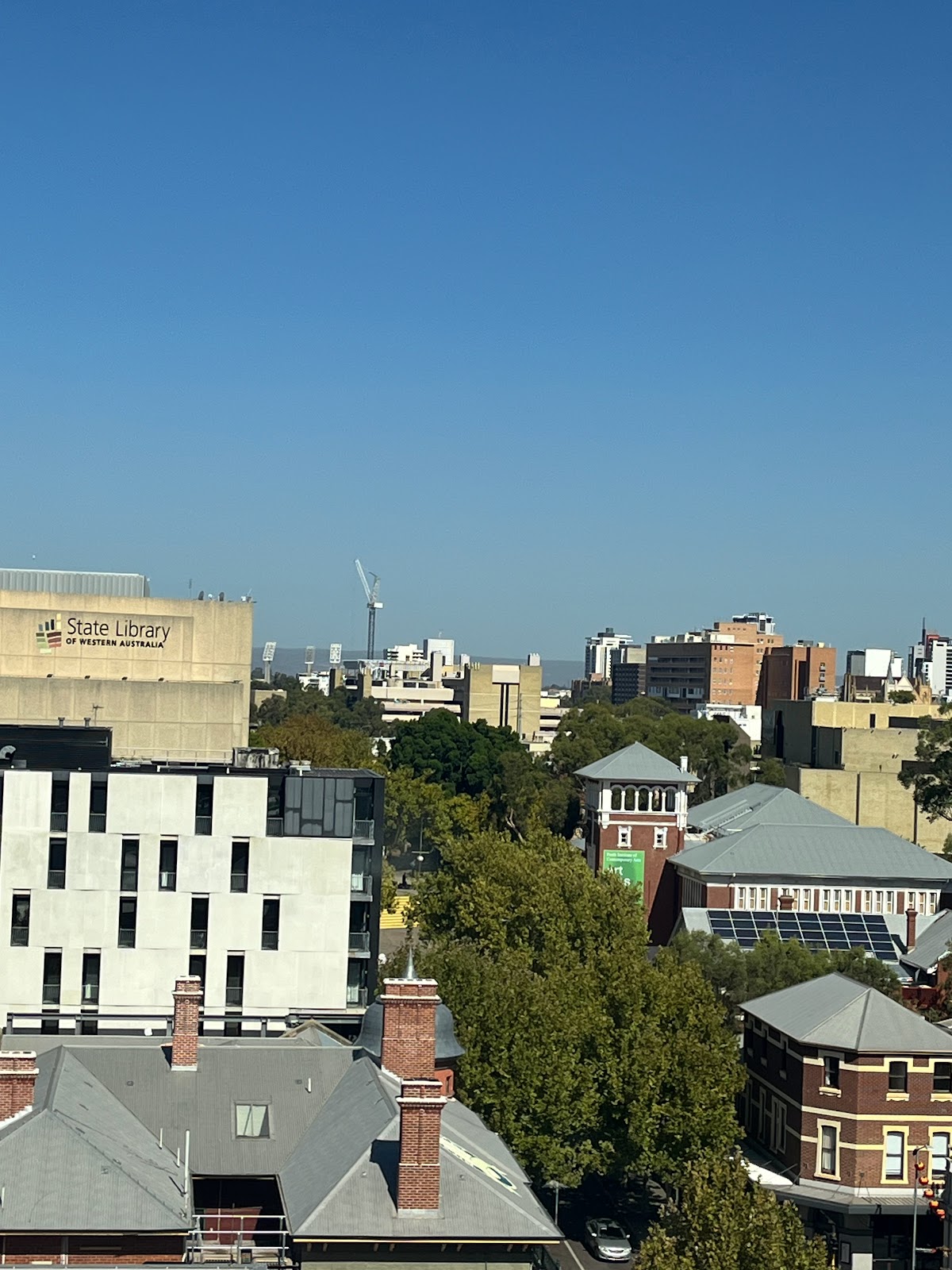Years of preparation and dreams were invested in winning a place in the
class of a renowned baroque bassoon professor in The Netherlands. I
had arrived. I was so happy. Everything could not have been better. So, I guess
at this stage I had nothing to explain the frightening anxiety, stress and
depression I was suffering. Previously, I had many environmental explanations
for being unhappy. With those factors whittled away, the mental ill health lay
as exposed as a reef at low tide.
For years, I had understood I was ‘being silly’, ‘overreacting’,
‘attention seeking’, 'showing off'. Since the age of one I was known to react outrageously. As
a toddler I would smash drinking glasses with my teeth or storm around on all fours imitating a Sherman tank. At primary
school I was the ring leader of the playtime games one day and hiding
in the library the next suffering social anxiety. I so longed to be
someone else. I longed to be a boy.
From the age of eighteen I escaped this pain with alcohol and drugs. So
many fun nights were fuelled on self-medication. Breaking into the Sydney
Botanic Gardens to play with the nocturnal animals and hug the life sized muscly statues. Jumping the fences of the Municipal Swimming pools in Paris for
midnight skinny dips. All night partying in roof top spas in Reykavik's midnight sun. Not to forget the aforementioned Bicycle Thieves of a debauched Amsterdam night. I also tried escaping geographically. Out to dinner one night on Oxford St Darlinghurt, living in London three weeks later. My friend likes to hold himself responsible for this fast relocation with guilt, but I know deep down he is proud to have made such an awesome suggestion. A former Viennese resident, he exclaimed his excitement at how easy it would be for me living in Europe now that my newly issued British passport had arrived. I was gone!
Well, 'gone' didn't go quite as fast as a I had intended. I heard from Nick, 'Come on Kate, there's a cheap flight leaving in two days, come with me.' Well despite sleeping at Sydney airport to assure a front spot in the queue, we didn't get on the flight. Nor did I the following week, the third week I did. Three weeks of farewell parties at our famed Stanley St abode made a festive exit.
I've diverged from the depression. So, furnished with a valid medical complaint I felt justified in seeking medical assistance. My symptoms were taken very seriously. I was happily surprised not to be fobbed off as being ‘being silly’, ‘overreacting’, ‘attention seeking’ or 'showing off'. I was assigned a team of three mental health clinicians who observed me weekly over a period of six months. During this six month period I was forbidden to drink alcohol, smoke cannabis or avoid exercise; I was to run (not walk, run can you believe it?) for a half hour period every second day.
Being taken seriously had a profound effect on me. Amazingly I had absolutely no difficulty abiding to these terms. I thought it was the cure and that that was all I had to do to be freed of my terrifying mental distress. I reported weekly like a diligent parolee. In place of drugs and alcohol, I took up tea and biscuits. I purchased myself a china teapot, a selection of loose leaf teas and bone china cups. I invented my own form of tea ceremony. With the motivation of being cured, I was finding the task not a challenge at all. Those who knew me well were astonished at my abstinence and diligence.
With the six month period elapsed, I felt cheated. I had played my part of the bargain, why was that black dog still hanging around like he'd just rolled in excreta? It was because, drum roll, I had a condition called Borderline Personality Disorder. Personality disorder????? 'Excuse me?', I thought, 'well you have a dress sense disorder!', I wanted to say to the doctor. There was no medication for this condition and it could not be cured, but with psychotherapy the symptoms could be eased.
Funnily, except for the bad name, I was sort of happy to have a diagnosis. There was a reason I was in so much pain, a reason why it felt like no one liked me, a reason I hadn't been successful, a reason I wanted to kill myself. This of course meant I wasn't being silly’, ‘overreacting’ or ‘attention seeking’. What a fantastic relief. I wanted to tell everyone, 'hey I'm not useless, I'm ill!' It was terrific validation.
Why was it Borderline Personality Disorder? Borderline of what? I did my research as one does, and 'we' lived on the borderline of psychosis and neurosis. Well, that made a lot of sense to me, in fact it was a very good description of how I felt. Disorder with your personality? So I understood that to mean I was born (could've been some nurture in there too, wasn't sure) with a personality that doesn't work in your favour. This also make buckets of sense, as when I was in distress I would instinctively want to do something totally destructive, like put your hand in a blender and turn it on, cut all your hair off, break your good reeds before and audition. There were occasions I couldn't stop myself sabotaging or hurting myself. I'd watch myself doing it, unable to arrest the movements of my body whilst observing incredulously.
And so began the psychotherapy. I was already 31 years old and the healing had only just begun.








